Belarus’ Innovative Virtual Education Platform Adapts to COVID-19
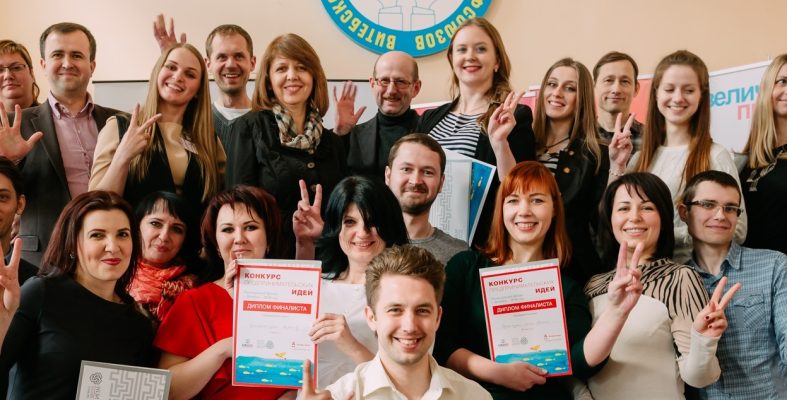
Born out of the necessity to more broadly reach entrepreneurs across Belarus, the USAID-funded Delivering Regional Instruction Vital to Entrepreneurial Success (DRIVES) program began a journey of technological and pedagogical innovation to expand access to virtual business education. As a result, today, the DRIVES program finds itself well-positioned to adapt to the disruption COVID-19 is causing to schools and universities around the globe.
FAQs on Sustaining Your Social Impact Initiatives through Virtual Pro Bono

On Thursday April 30, 2020, my colleague Gavin Cepelak and I had a conversation with over 100 of our closest ‘friends’ around issues and trends corporations are facing in sustaining their social impact initiatives, and how to do so through virtual pro bono. Also joining us on the webinar was Yezenia Ramos, Senior Manager of Employee Engagement at Johnson & Johnson, who spoke about some of the ways the company is reimagining its social impact programs and ensuring employees remain engaged and involved with volunteer efforts virtually.
Igniting Change with Circular Partnerships
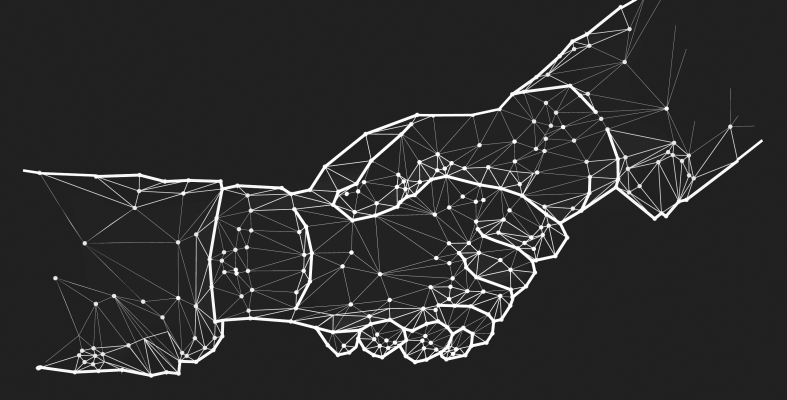
Transitioning from a linear to a circular economy requires a seismic shift in the way we produce, consume, think, and behave. For a systems change of this magnitude to truly take root, the public, private, and social sectors must coalesce around a common circular vision—one that is inclusive of all communities, at all scales. While each of us has an important function in the transition, the role of the private sector, our economic engine, will be the ultimate catalyst for unprecedented change.
Accelerating Circularity with Targeted Investment

Given our planet’s finite resources, closing the economy’s material loop—so that materials and products are continuously shared, reused, and cycled—has an undeniably positive impact on human communities and natural ecosystems. Yet as we work to scale circular alternatives to our leaky linear system, we need to be clear that advancing circularity is not just the right thing to do but where the future of business, investment, and profit lies. In a changing world, circular supply chains build the necessary economic and environmental resilience to address the challenges of today and build a better tomorrow.
Rebuilding Recycling to Go Circular

After the coronavirus pandemic has passed, the world will need solutions to repair our economy in a way that protects both the planet and its people. The circular economy is a solution for our future health and wellness and recycling has a vital role to play.
How Technology Unlocks New Value from the Circular Economy
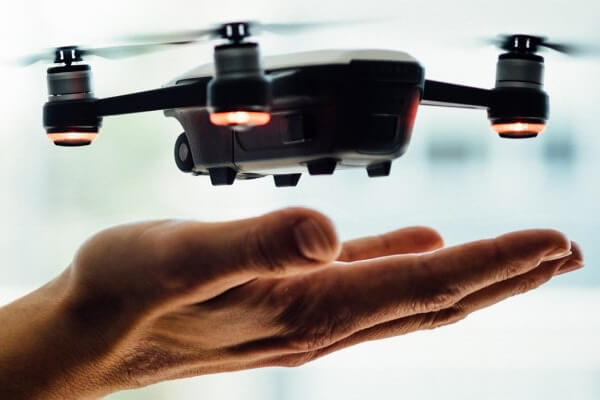
Ten years from now there will be no tolerance for waste in the value chain. Innovative technology can help companies lead the transition to an inclusive, circular economy faster and more efficiently. Many companies, such as Danone, H&M Group, and DS Smith are already leveraging these newer technologies to design waste and pollution out of their value chains while keeping products and materials in use to create positive economic, environmental, and societal impact. The recent COVID-19 crisis has only further exposed companies’ and countries’ risk of supply disruptions, leading to a ‘new normal’ where global supply chains with local execution is needed to boost resilience and reduce dependency by shortening and diversifying supply chains.
Junk ‘n Gyre : Circular Economic Solutions to End Plastic Pollution
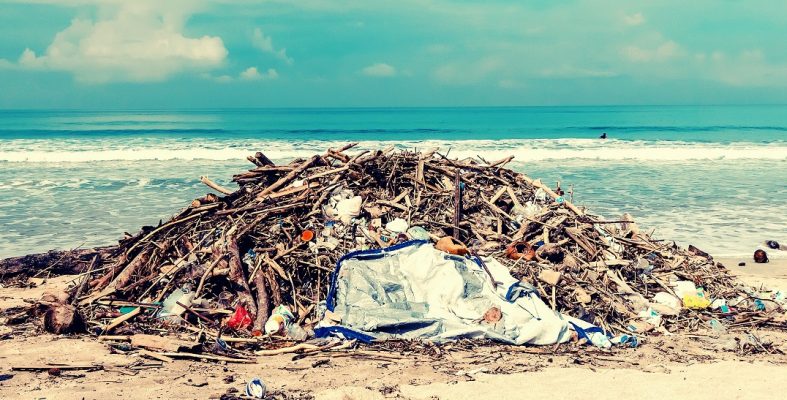
How much plastic is in the ocean? Where is it? Is it causing harm? And more importantly, what is the solution? What we found is that every question brought us back to land.
Finland’s Road Map to a Circular Economy
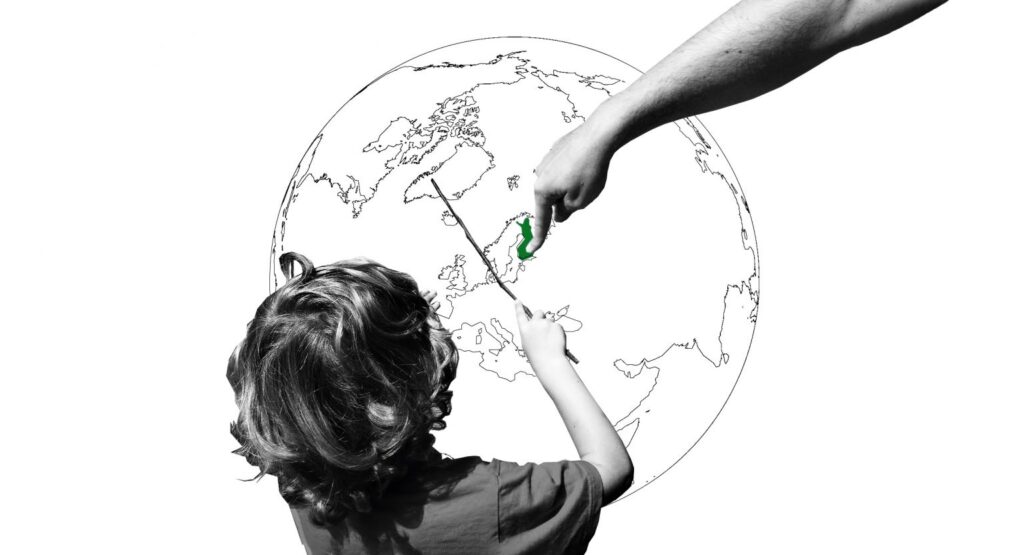
As an independent think-and-do-tank, having seen and assessed emerging solutions since our inception, the impetus for Sitra was to share best practices and inspire organizations to contribute their own solutions and proactively engage in the circular economy.
